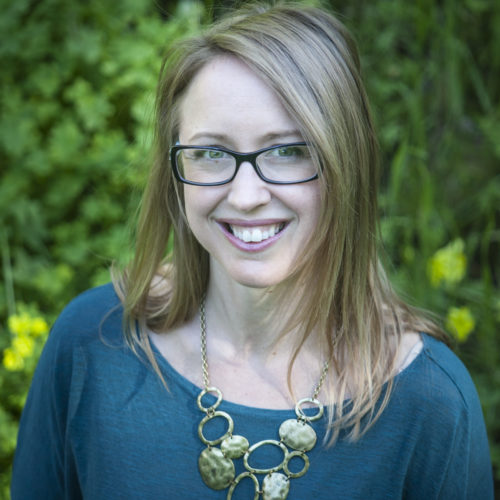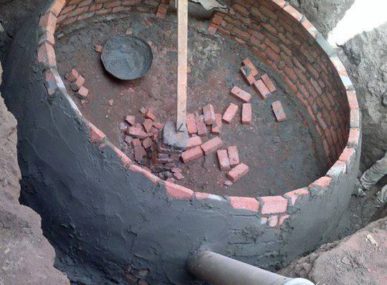So far, Yavnieli has recycled more than 200 cubic meters of wood per year, turning them into 2,000 pieces of furniture. He sells some of that furniture to local schools, which use it to decorate their outdoor spaces for kids to to sit on and do their homework, or as planters to grow vegetables.
“I think everybody likes nature, but that’s not exactly what’s driving me,” says Yavnieli. “What drives me is resource efficiency and the possibility to use waste to make a change. It’s a bridge that connects many sectors: construction companies, community, and carpenters. I am thrilled to be doing something that connects so many.”
What Eden Social Wood Recycling hopes to accomplish:
So far, Eden has gotten most of its funding from the sale of products and business loans. Yavnieli doesn’t have any big sponsors or mentors behind his project, but has cooperated with big companies and municipalities.
He’s also caught the eye of architect Dr. Noam Austerlitz, Founder and CEO of the Sustainable Innovative Design Center (SID) in Israel. SID looks for new or interesting technologies and tries to bridge the gap between the technology’s creators, and the people who need that technology.
“We’ve worked closely with Eden Social Wood Recycling to help with design and brainstorm ways to progress the product,” says Austerlitz. “A lot of construction sites in Israel use molds or casting that is made out of wood, and that wood is full of oil and toxic materials, so you can’t throw it away. When that wood makes it to garbage sites, much of it isn’t properly handled. It finds its way to fields or beaches, and people burn it and send toxic chemicals into the air.”
He said there’s a lot of work still to be done in Israel to properly dispose of this wood, and he hopes Eden can scale its production and increase the quality of its furniture pieces.
“At the moment it’s a small scale carpentry team working with the wood,” says Austerlitz. “The next stage is to develop machinery that can process the wood and make constructed wood, which is where you take a bunch of small pieces of wood and make it into a beam. The next step after that is to make furniture pieces that are very well-designed. We want to make it into high-end furniture that can be sold at a better price.”
Yavnieli agrees with Austerlitz and is working to partner with various municipalities in Israel to cooperate on projects and create franchises. He is also working to raise money through crowdfunding, and has already sold products in 22 cities.
“My plan is to sell a large quantity of products,” says Yavnieli. “I want to also go to Palestinian markets and supply furniture to schools and houses. It will help bring people together and I see it both as an economic opportunity and a social impact. Many types of people from a variety of sectors and nations like these products, from Orthodox people, to Jewish, and Muslim people.”
Eden, which was amongst SwitchMed‘s incubated green initiatives, currently employs seven people with the hope of expanding some time soon.
“I wanted to do something you can see, you can touch, that you can work on and sweat on,” says Yavnieli. “I’m not afraid of getting my hands in the waste. You should not be afraid of waste or getting dirty — you should see the potential in the dirt. We all have to struggle a bit to survive.”
To learn more about Eden follow their Facebook page.
Photos: Courtesy of Eden Social Wood Recycling.








